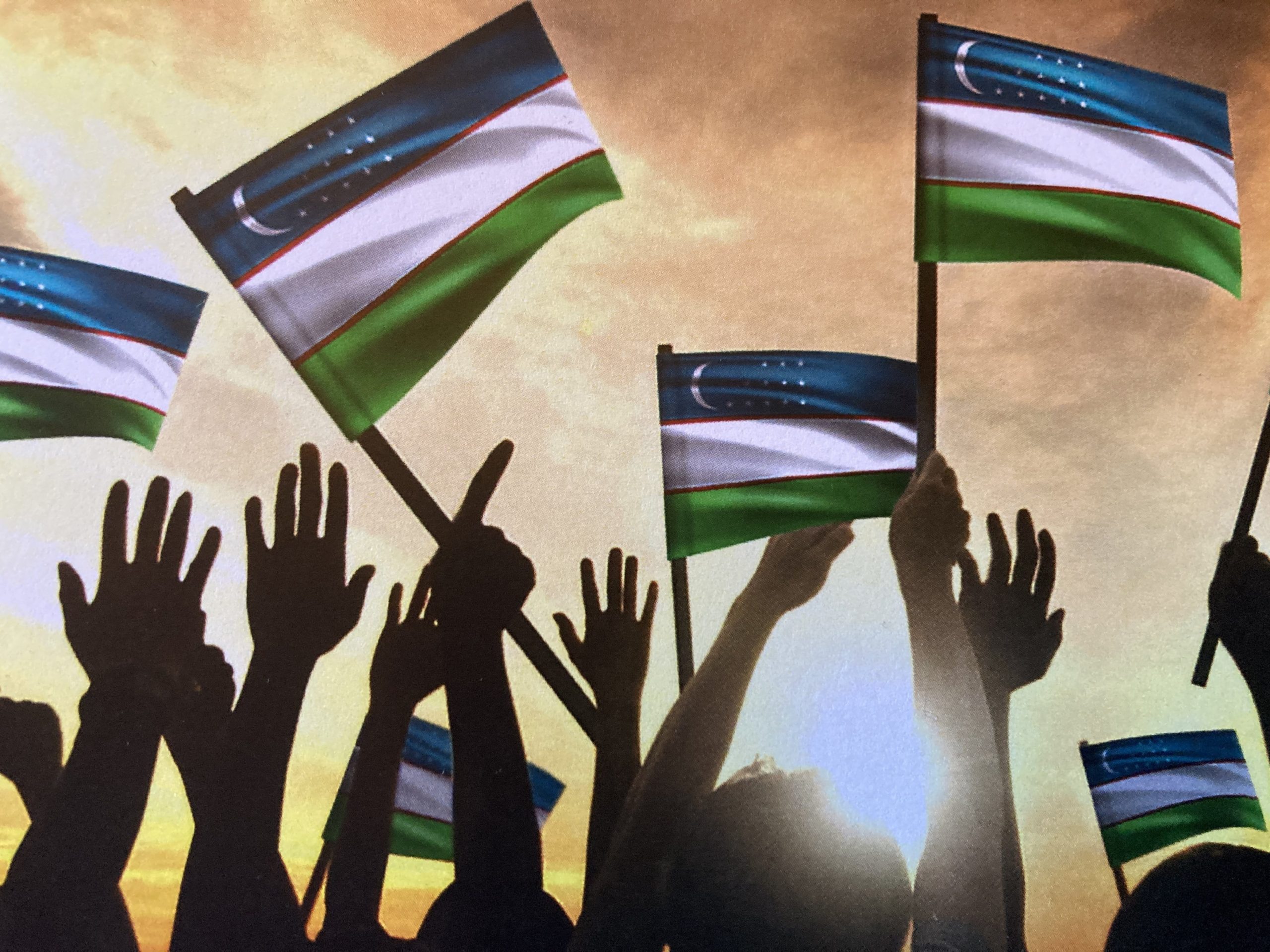Central Asia’s most populous country, Uzbekistan, is embarking on a programme of rapid economic growth. In one sense, the aim is to transform society but an enduring aspect of Uzbek life down the centuries is central to the strategy, writes Political Editor Nick Powell.
The ambition cannot be doubted. The goals of Uzbekistan’s development strategy for 2022-2026 include massively boosting the business sector, with stock market turnover increasing from $200 million to $7 billion a year. Private enterprise is expected to deliver 80% of GDP and 60% of exports.
Farm incomes will double and nine million foreign tourists will be welcomed every year. Samarkand, on the Silk Road, is certainly well worth a visit and epitomises the rich heritage of this proud and ancient nation. In the fifteenth century, there was a flowering of science and art, of medicine and astronomy. Now Uzbekistan intends to not just celebrate those achievements but replicate them.
Since elections last year, the country has entered a period of rapid change, with legal and political reforms that will underpin the development strategy. At a recent presentation at the Brussels Press Club, hosted by Uzbekistan’s ambassador to the EU Dilyor Khakimov, the executive director of the Development Strategy Centre in Tashkent, Eldor Tulyakov, emphasised the importance of the reform of justice, including the strengthening of property rights.
But if the ambitions of President Shavkat Mirziyoyev are to be delivered, the reforms will need the support of wider society. Out of a population of well over 30 million, more than a third are less than 14 years old. But Uzbeks are loyal to their communities and traditions, perhaps epitomised by the mahallas, community institutions that have been part of Uzbek life since at least the twelfth century.
As Eldor Tulyakav put it, mahallas are self-governing bodies, very much independent from the state bureaucracy. “Uzbeks, whenever they have a problem, whenever they have an issue, they don’t want to address it to the official level. People come to their mahalla to solve a problem”. He explained that the president had noted the importance of increasing the potential of mahallas.
The state will support mahallas financially, especially in key sectors such as textiles and agriculture.
Dr Umid Abidhadjaev, from the Ministry of Economic Development, told the press club that the mahallas enabled a more granular approach, with a focus at the local level. He cited the roll out of solar powered boilers to provide hot water in schools as the ideal way of persuading first the children and then their parents of the benefits of such technological innovation.
Such benefits bring the popular buy-in that ambitious government plans require. A five year development strategy might sound like a very top-down approach but in fact its success depends on grass roots support. It’s the most traditional of Uzbek institutions that will play a vital role in delivering modernisation and economic progress.


















































